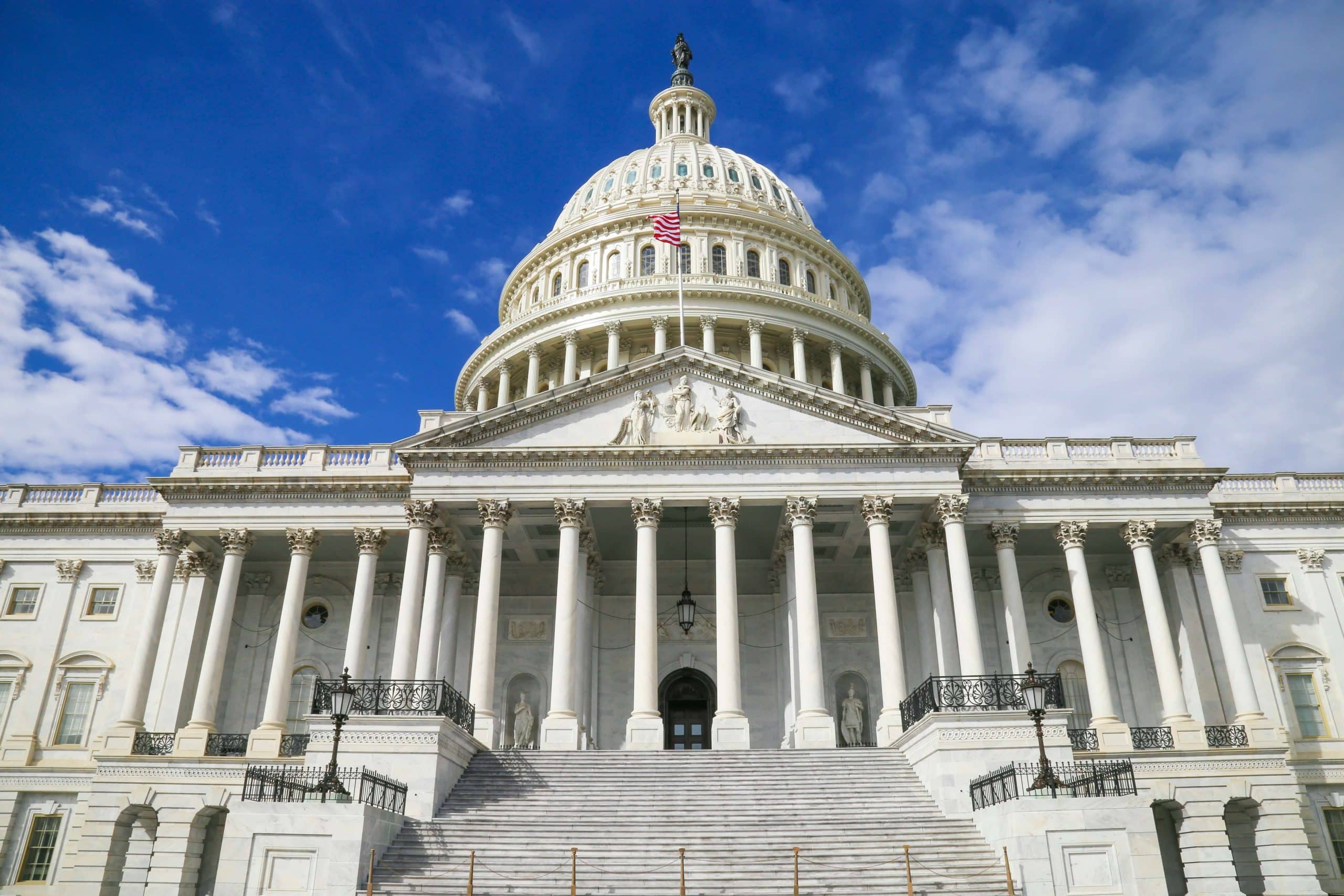
The U.S. Treasury Department is seeing an increase in illicit crypto use according to a Thursday report.
The department’s 2024 National Risk Assessments on Money Laundering, Terrorist Financing, and Proliferation Financing report highlights that virtual assets are increasingly used by illicit actors to launder drug trafficking proceeds despite cash-based transfers still being the primary mechanism.
Illicit Crypto to Finance Terrorist Organizations
The U.S. Treasury Department found terrorist organizations such as Hamas and ISIS-K have recently “increased their understanding of and are experimenting with different types of virtual assets.”
This morning, @USTreasury published their Risk Assessments for Money Laundering, Terrorist Financing, and Proliferation Financing.
Each Assessment has section on virtual assets that I will dive deeper into throughout the day. These Assessments will help inform Treasury’s 2024…
— Cody Carbone (@CodyCarboneDC) February 7, 2024
The department’s findings suggest that “terrorist groups soliciting donations of virtual assets are increasingly turning to stablecoins” due to their lessened volatility in hopes of “mitigating the financial risks associated with price fluctuations.”
Like drug trafficking proceeds, however, the report noted “terrorists still prefer traditional financial products and services.”
The U.S. Treasury argued this is most likely due to the price volatility of traditional crypto assets as well as the lack of infrastructure in different parts of the world to exchange them for tangible goods and services.
Preventing Bad Actors In The Crypto Space
The report was released three months after the U.S. Deputy Treasury Secretary, Wally Adeyemo, put illicit actors in the crypto industry on notice during remarks at a D.C. policy summit.
“While we encourage responsible innovation in the digital asset ecosystem, we will not hesitate to take action against illicit actors,” Adeyemo said.
Congressional discussions surrounding the illicit use of cryptocurrencies intensified late last year following Hamas’ October 7th on Israel, sparking an international conflict and questions around the terrorist organization’s use of digital assets.
The Common Thread Of Illicit Crypto Finance
“Whether it’s terrorism, drug trafficking, Russian aggression, or corruption, illicit finance is the common thread across our nation’s biggest national security threats,” said Under Secretary of the Treasury for Terrorism and Financial Intelligence Brian E. Nelson. “Treasury, through our National Risk Assessments, is at the cutting edge of analyzing the global risk environment to protect the U.S. and international financial systems from abuse by illicit actors.”
The U.S. Treasury Department is set to release its 2024 National Strategy for Combating Terrorist and Other Illicit Finance–a plan directly informed by the analysis contained in the risk assessments–in the coming weeks.
“We urge both the public and private sectors to engage with these reports, as well as our forthcoming National Strategy for Combating Terrorist and Other Illicit Finance,” Nelonso concluded.

The U.S. Treasury Department is seeing an increase in illicit crypto use according to a Thursday report.
The department’s 2024 National Risk Assessments on Money Laundering, Terrorist Financing, and Proliferation Financing report highlights that virtual assets are increasingly used by illicit actors to launder drug trafficking proceeds despite cash-based transfers still being the primary mechanism.
Illicit Crypto to Finance Terrorist Organizations
The U.S. Treasury Department found terrorist organizations such as Hamas and ISIS-K have recently “increased their understanding of and are experimenting with different types of virtual assets.”
This morning, @USTreasury published their Risk Assessments for Money Laundering, Terrorist Financing, and Proliferation Financing.
Each Assessment has section on virtual assets that I will dive deeper into throughout the day. These Assessments will help inform Treasury’s 2024…
— Cody Carbone (@CodyCarboneDC) February 7, 2024
The department’s findings suggest that “terrorist groups soliciting donations of virtual assets are increasingly turning to stablecoins” due to their lessened volatility in hopes of “mitigating the financial risks associated with price fluctuations.”
Like drug trafficking proceeds, however, the report noted “terrorists still prefer traditional financial products and services.”
The U.S. Treasury argued this is most likely due to the price volatility of traditional crypto assets as well as the lack of infrastructure in different parts of the world to exchange them for tangible goods and services.
Preventing Bad Actors In The Crypto Space
The report was released three months after the U.S. Deputy Treasury Secretary, Wally Adeyemo, put illicit actors in the crypto industry on notice during remarks at a D.C. policy summit.
“While we encourage responsible innovation in the digital asset ecosystem, we will not hesitate to take action against illicit actors,” Adeyemo said.
Congressional discussions surrounding the illicit use of cryptocurrencies intensified late last year following Hamas’ October 7th on Israel, sparking an international conflict and questions around the terrorist organization’s use of digital assets.
The Common Thread Of Illicit Crypto Finance
“Whether it’s terrorism, drug trafficking, Russian aggression, or corruption, illicit finance is the common thread across our nation’s biggest national security threats,” said Under Secretary of the Treasury for Terrorism and Financial Intelligence Brian E. Nelson. “Treasury, through our National Risk Assessments, is at the cutting edge of analyzing the global risk environment to protect the U.S. and international financial systems from abuse by illicit actors.”
The U.S. Treasury Department is set to release its 2024 National Strategy for Combating Terrorist and Other Illicit Finance–a plan directly informed by the analysis contained in the risk assessments–in the coming weeks.
“We urge both the public and private sectors to engage with these reports, as well as our forthcoming National Strategy for Combating Terrorist and Other Illicit Finance,” Nelonso concluded.
